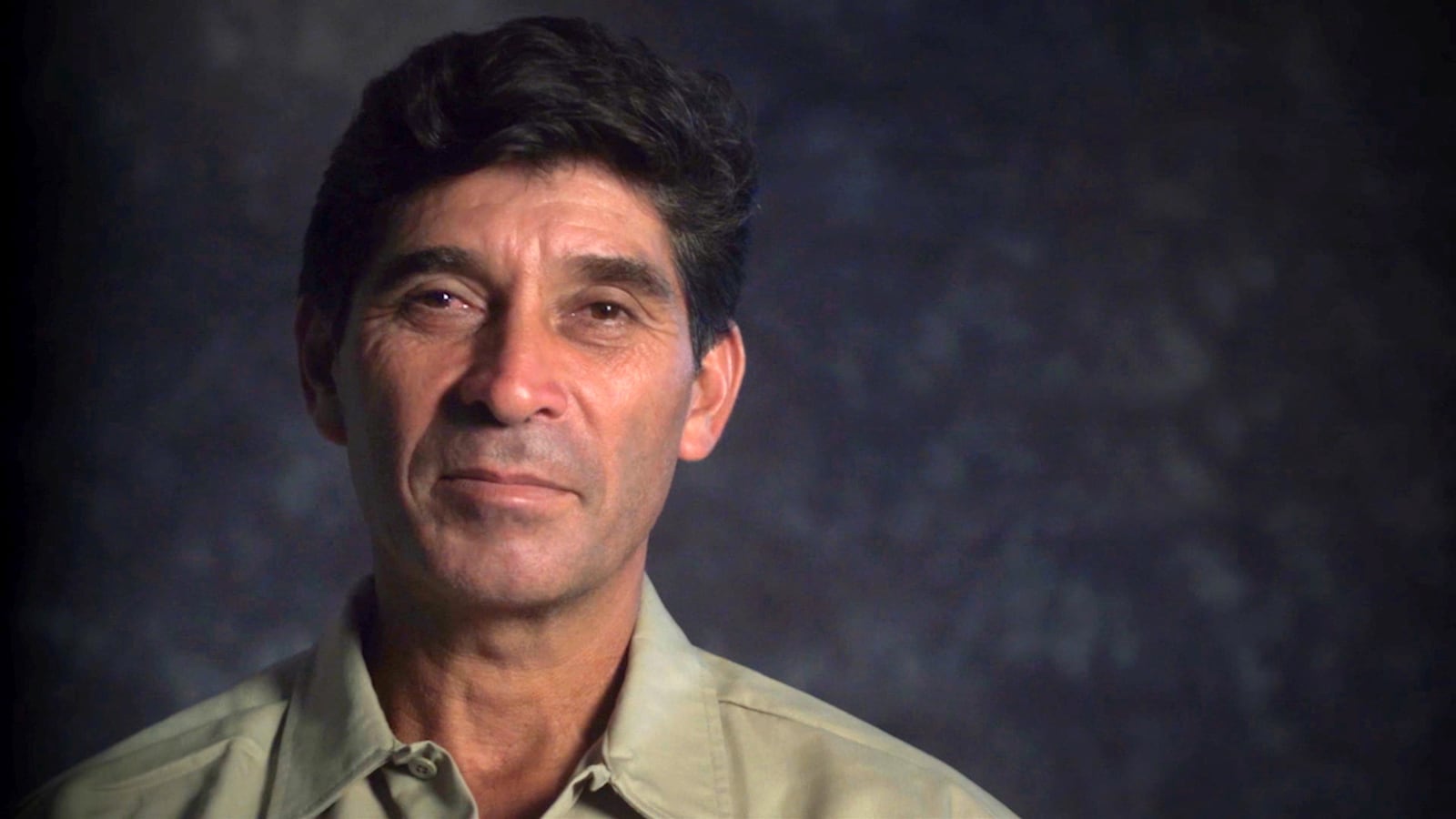For the immigration debate in the United States to be meaningful, immigrants themselves have to be able to speak up. We only know about family separation at the border, medical abuse in detention, and worksite raids because immigrants told the truth about what they saw. But some paid a heavy price for their speech. Under the Trump administration, Immigration and Customs Enforcement (ICE) was routinely used as a political weapon, targeting and deporting immigrant activists and those who spoke to the press. This kind of retribution is terrifying. I know—because it happened to me.
Twenty-one years ago, my family and I travelled from Argentina to the United States on a tourist visa. I was offered a job in Florida, my family and I made the difficult decision to stay, and we spent years trying to adjust our immigration status. Like many, we were victims of fraud by a lawyer who told us he was making progress on our case when—unknown to us—we were becoming undocumented. After more than a decade living, working, and raising my children in the United States, I ended up in a detention center in 2012, facing deportation.
In detention, at first, I felt powerless. I saw grown men crying in the hallway by the phone bank. Even though undocumented immigrants are told we cannot legally work in the United States, the GEO Group gives us ‘jobs’ in detention. Detainees do the cooking, cleaning, hair-cutting, grounds-keeping, etc., for one dollar a day. This abusive wage is standard across the detention system. Instead of working for the GEO Group, I decided to organize.
On TV, President Obama was saying deportations should be focused on people who “endanger our communities.” None of us in detention was a danger. Many had citizen spouses, and many, like me, had no criminal record. A group of DREAM activists ‘infiltrated’ the detention center, getting detained on purpose, to work with me to build a campaign and demand that detainees be freed. We launched a hunger strike, earned national media attention, and moved 26 members of Congress to sign a letter demanding an investigation. After seven months, I was finally released and reunited with my family. We cried, but from happiness.

Claudio Rojas with his family
HandoutThe message seemed clear: by speaking up we could help the government do the right thing. I received temporary work authorization, applied for a visa, and checked in with ICE under both Obama and Trump. Things seemed to be going well, finally.
Everything changed suddenly when I was featured in a documentary film. The Infiltrators premiered at the Sundance Film Festival in January of 2019. Weeks after the film (and my name) was in the national news, I was suddenly deported. I had been in the United States for almost 20 years. To justify the sudden deportation, ICE falsely accused me of ‘crimes.’ It was clear that the true motivation was to punish me for speaking out.
Since then, I have learned I am not alone—a clear pattern has emerged. When Jean Montrevil organized faith communities to speak out against deportations in New York, he was quickly deported in an operation that targeted “high profile” leaders. When Maru Mora-Villalpando organized workshops on ICE policies in Seattle, she was suddenly served with papers to appear in immigration court for deportation proceedings. ICE’s records in her case read, “She has extensive involvement with anti-ICE protests and Latino advocacy programs,” as if that could be cause for targeting her. A recent legal review done at the New York University School of Law found over 1,000 cases of this kind of illegal retribution.
For those of us from countries that have been ruled by dictators, it is awful and familiar to see armed agents of the government ‘disappear’ people because of what they say. This type of retribution violates the First Amendment and, even though the number of people targeted in this way might be relatively small, the message is powerful: “Stay in the shadows. Stay quiet.”
The experience of being deported is hard to describe—it feels like a slow-motion death. The details hit you. My truck was sold. My closet is empty because my clothes had to be sold too. My friends have slowly forgotten me. I see everything that my family goes through from afar on the screen of a cellphone, if I’m lucky. If it wasn’t for my wife who communicates with me daily, I’d believe I was already dead. My greatest fear right now is the pandemic—I’m unable to protect my family because I’m so far away.
I know there are many, many people suffering like this. But if the United States is to build a more just and humane immigration system, immigrants themselves must be able to speak up. We are the only ones who can be whistleblowers inside the detention system. We witness the actions of the Border Patrol firsthand. Immigrants can report labor abuses that hurt all workers. If we can speak safely, we can help build a better country.
In their 2020 platform, Democrats committed to stop using ICE to retaliate against immigrant speech. That’s good. However, to truly send the message that immigrant voices matter, I hope the Biden administration undoes the damage done, and allows those of us who were punished for doing the most American thing—speaking up—to return to our families and communities in the United States. The first step toward a more just and humane immigration system is to protect immigrant voices.


